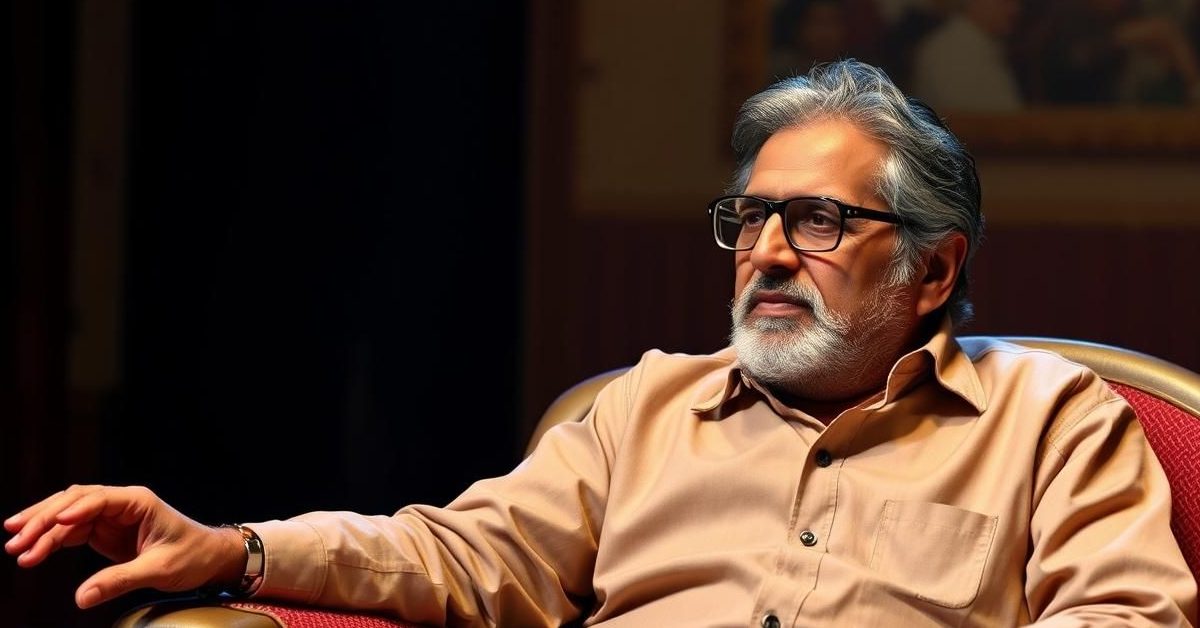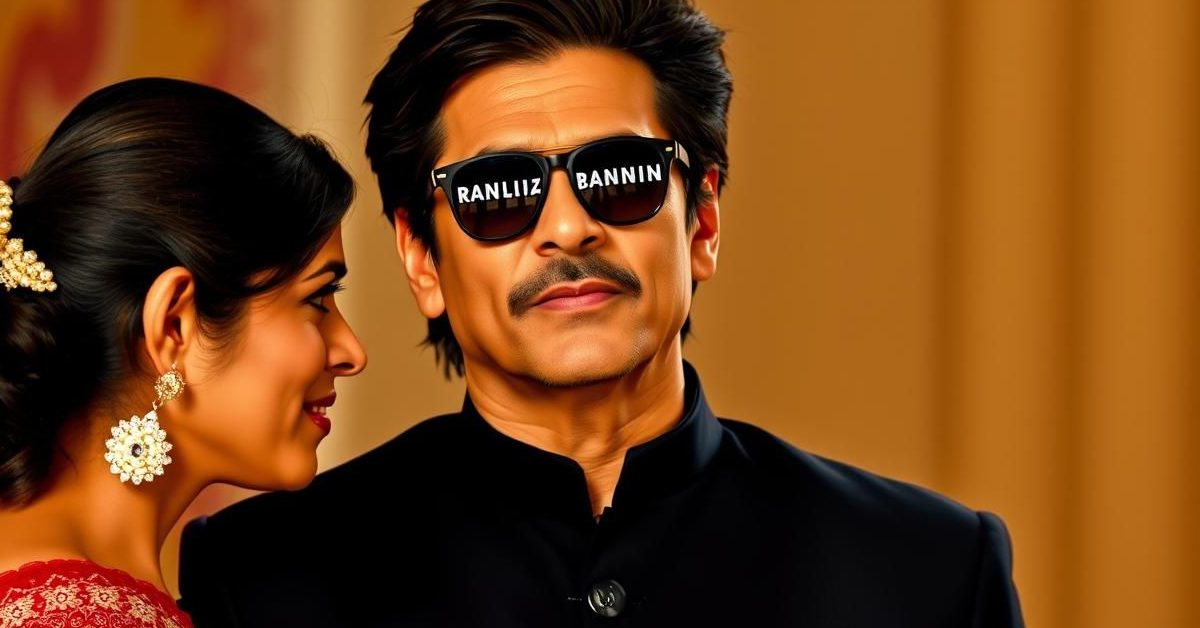Veteran screenwriter Javed Akhtar recently shared candid insights into the decades-long battle for writers’ rights and fair compensation in the Indian film industry.
The Battle for Writers’ Rights
Javed Akhtar, a strong advocate for writers’ rights, recalled the challenging landscape when he first entered Bollywood. Back then, writers often went uncredited on posters and banners, and their pay was notably low.
“Situations have never been ideal for people. They have fought for it,” Akhtar stated, highlighting the continuous struggle for recognition and fair compensation in the industry.
Salim-Javed: Changing the Game
Alongside his writing partner Salim Khan, Akhtar formed the iconic duo Salim-Javed, which revolutionized Hindi cinema. They decided to set their own terms and conditions, refusing to work if their demands weren’t met.
Their early success began with a string of hits: “Andaz,” “Haathi Mere Saathi,” and “Seeta Aur Geeta.” This streak culminated with “Zanjeer,” a film that would prove to be a massive turning point.
Casting a “Flop” Superstar
Despite their consecutive successes, Salim-Javed made a bold choice for “Zanjeer,” casting Amitabh Bachchan. At the time, Bachchan was considered an unlucky actor, having delivered several films that didn’t perform well.
Akhtar explained their reasoning: “He always gave great performances, even in those films which didn’t run. He was good. That’s why we took him.” They recognized Bachchan as a “volcano of talent” who simply needed the right script.
Nine Months of No Work
After “Zanjeer” became a super-duper hit, Salim-Javed decided to demand a specific, higher fee. This decision led to an unexpected challenge: for nine months, they couldn’t sign a single film. Producers laughed at their demands.
The financial strain was real. Akhtar recounted selling his second-hand Ambassador car because there was no work. Yet, they held their ground, refusing to compromise on their worth.
Eventually, their perseverance paid off, and they secured the price they had fought for. “Nothing comes easily,” Akhtar noted, emphasizing that success often requires a tough fight.
The Power of Collective Action
Akhtar stressed the importance of unity among writers. He urged successful writers to stand up together and demand fair treatment, rather than waiting for change to be handed to them.
“If a few people think that something is wrong, ten of you, fifteen of you, stand up,” he advised. He acknowledged that standing up might lead to rejection, but insisted it’s necessary for industry-wide reform.
Throughout the 1970s, Salim-Javed wrote 24 films, with an astounding 22 becoming blockbusters. Their legacy extends beyond crafting memorable stories and characters; they were pioneers who reshaped the industry by demanding respect and fair compensation for writers.
- Writers in early Bollywood were often uncredited and poorly paid.
- Salim-Javed fought for better terms and compensation, even risking their careers.
- They cast Amitabh Bachchan in “Zanjeer” despite his “flop” status, recognizing his talent.
- After four hits, they faced nine months of unemployment for demanding fair pay.
- Javed Akhtar advocates for collective action among writers to secure their rights.
Their impactful journey highlights the ongoing need for creatives to unite and advocate for their rightful place in the entertainment world.















